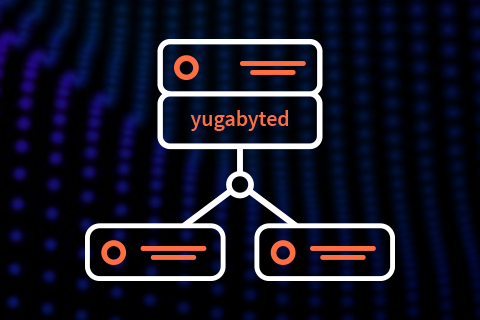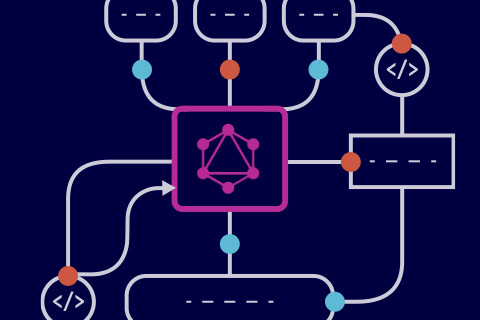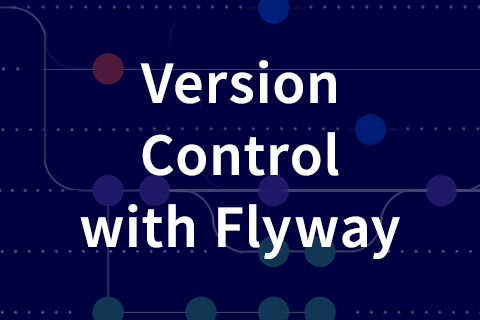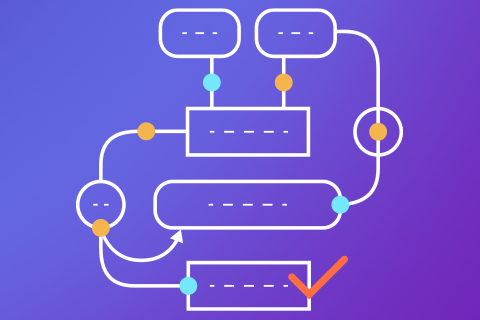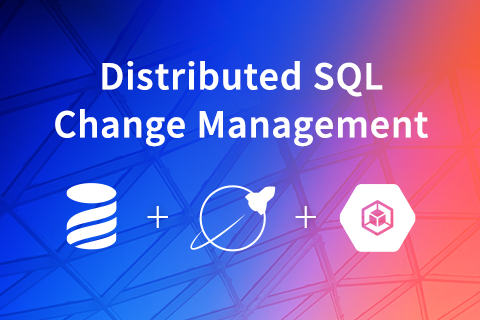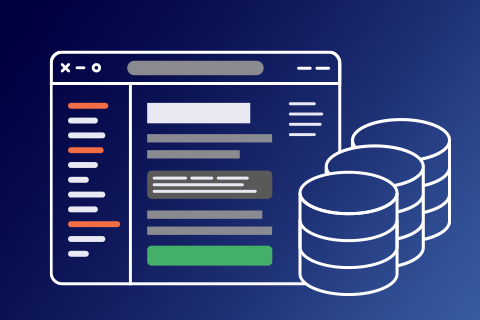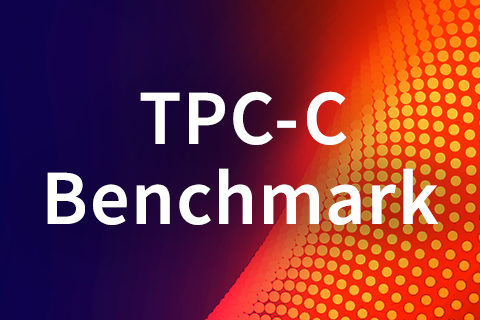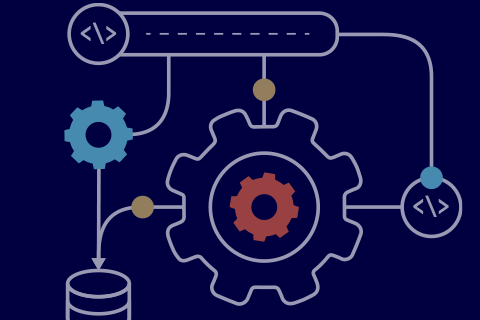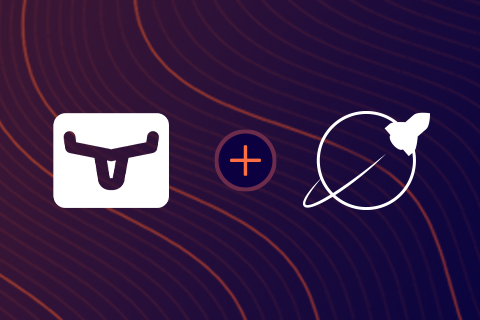SQLPad is an MIT licensed web app written in React and Node.js for writing and running SQL queries and visualizing the results. SQLPad supports PostgreSQL, MySQL, SQL Server, Crate, Vertica, Presto, SAP HANA, Cassandra, Snowflake, Google BigQuery, SQLite, and many more via ODBC. Because YugabyteDB is PostgreSQL compatible, most third-party tools and apps will work “out of the box.” SQLPad is no exception here.
In this blog post we’ll show you how to:
- Install a 3 node YugabyteDB cluster on Google Kubernetes Engine
- Build the sample Northwind database
- Build and configure SQLPad
- Start the required SQLPad processes
- Launch the SQLPad UI and issue a test query to validate the deployment
New to distributed SQL or YugabyteDB?
…
